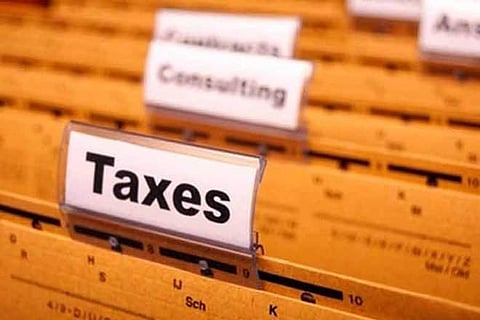

Finance Minister Nirmala Sitharaman has announced major reliefs to the corporate sector and addressed the long-time demand for tax cuts. The Centre expects this will increase the competitiveness of Indian market and investments will flow in.
The measures must be viewed from two angles: as a relief to existing undertakings and as an incentive to new units. Effective tax rate of the entire base of companies reporting profits increased from 26.89 per cent for FY 2016-17 to 29.49 per cent for FY 2017-18. A 2.6 per cent rise in the effective tax rate was mainly due to phasing out of profit-linked deductions and an increase in Minimum Alternate Tax (MAT).
If we compare the proposed effective tax rate of 25.17 per cent to the effective tax rate for FY17 and recommendations of the expert panel on direct tax code, this tax cut doesn’t come as a surprise. If we dig further, the effective tax rate for all the large corporations is already around 26.3 per cent, and therefore this tax cut is not expected to provide a big relief to large companies, though there could be some firms that get benefitted due to their structure and the manner in which they operate.
Also, concessional tax rate provisions are already there for firms with an annual turnover of Rs 400 crore.
Effective tax rate
From a macroeconomic point of view, this tax cut for existing undertakings will benefit only when the corporates decide to invest the surplus and this is dependent on the economic outlook. The current economic slowdown is a result of a decline in demand and in order to address this, efforts should have been made to leave more disposable income with the middle class.
Reducing tax rates for manufacturing companies set up after October 1, 2019, is a welcome step. So far, Make in India project has not succeeded in attracting manufacturing giants, despite the availability of a huge market and relatively cheap labour in our country. Foreign players have often criticised high-income tax rates in India and hopefully, their concern will be addressed now. However, the finance minister should acknowledge that tax rates are not the only factor that determines business decisions and FPI outflow.
The Centre’s responsiveness should be lauded since it acted in a timely manner to address the concerns (FPI surcharge, increasing monetary limit for filing an appeal in tax cases, rate cuts). But, frequent revisions of the policy take away the element of certainty, which is crucial.
(The writer is a chartered accountant)